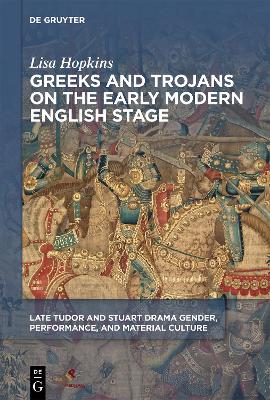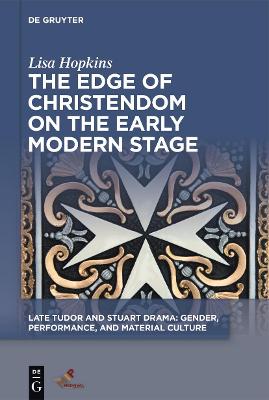Late Tudor and Stuart Drama
2 total works
No story was more interesting to Shakespeare and his contemporaries than that of Troy, partly because the story of Troy was in a sense the story of England, since the Trojan prince Aeneas was supposedly the ancestor of the Tudors. This book explores the wide range of allusions to Greece and Troy in plays by Shakespeare and his contemporaries, looking not only at plays actually set in Greece or Troy but also those which draw on characters and motifs from Greek mythology and the Trojan War. Texts covered include Shakespeare's Troilus and Cressida, Othello, Hamlet, The Winter's Tale, The Two Noble Kinsmen, Pericles and The Tempest as well as plays by other authors of the period including Marlowe, Chettle, Ford and Beaumont and Fletcher.
Throughout the sixteenth and seventeenth centuries, the edges of Europe were under pressure from the Ottoman Turks. This book explores how Shakespeare and his contemporaries represented places where Christians came up against Turks, including Malta, Tunis, Hungary, and Armenia. Some forms of Christianity itself might seem alien, so the book also considers the interface between traditional Catholicism, new forms of Protestantism, and Greek and Russian orthodoxy. But it also finds that the concept of Christendom was under threat in other places, some much nearer to home. Edges of Christendom could be found in areas that were or had been pagan, such as Rome itself and the Danelaw, which once covered northern England; they could even be found in English homes and gardens, where imported foreign flowers and exotic new ingredients challenged the concept of what was native and natural.

